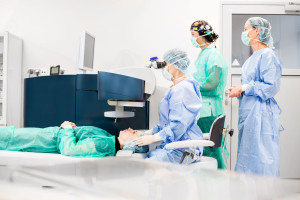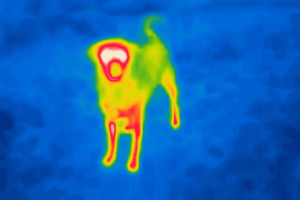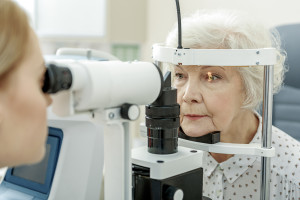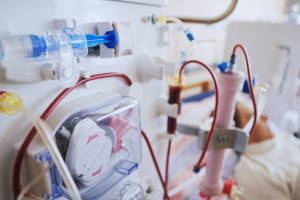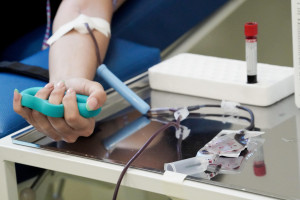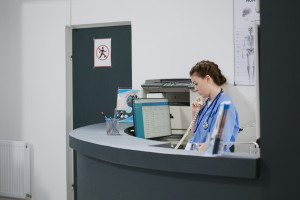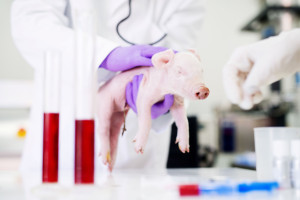Two slices a day. We know how it really works on the intestines

- Red meat, such as pork and beef, is classified as probable carcinogen (Group 2A)
- Eating 100 g of red meat a day increases the risk of colon cancer by 17 percent.
- Processed meat, including cold cuts, is considered carcinogenic to humans (group 1)
- Daily consumption of 50 g (about two slices) of processed meat increases the risk of colon cancer by 18 percent.
- The World Cancer Research Foundation recommends limiting red meat consumption to 500g per week and avoiding processed meats.
- Don't Want Cancer? Experts Recommend: Switch to Fish, Poultry, Eggs, and Legumes
The National Center for Nutrition Education warns that meat consumption, especially red and processed meat, is significantly associated with the risk of malignant tumors . According to modern scientific knowledge, regular inclusion of these products in the diet increases the incidence of disease.
Red meat is meat from slaughtered animals such as pork, beef, veal, lamb or game, characterized by a high content of heme iron .
Processed meat is a product that has been heat-treated (e.g. long-term frying, traditional grilling, smoking), salting, curing, marinating, fermenting or other processes that improve taste or extend shelf life.
"Probably carcinogenic to humans"In 2015, the International Agency for Research on Cancer (IARC) published a report summarizing over 800 studies that found an association between meat consumption and cancer risk .
Red meat is classified as group 2A, meaning it is probably carcinogenic to humans. It has been linked to colon, pancreatic and prostate cancers. In the case of colon cancer, eating 100g of red meat daily (a portion equivalent to about half the size of your palm) increases the risk of the disease by 17%.
Processed meat has been shown to be an even more potent carcinogen and has been placed in Group 1, which includes factors for which there is convincing evidence of carcinogenicity to humans, such as tobacco and alcohol. Frequent consumption of this type of meat contributes to the development of colon cancer. Daily consumption of 50 g of processed meat (e.g. two large slices of smoked ham) increases the risk of colon cancer by 18 percent.
A possible association with stomach cancer has also been observed, although the evidence is less clear.
There is no final answer. The mechanisms are still being investigated.The mechanism of the carcinogenic effect of red and processed meat is still being studied. It is believed that substances resulting from the transformation of heme iron damage the DNA of cells . High-temperature heat treatment, especially in contact with flame (grilling) or a hot plate, leads to the formation of carcinogenic chemical compounds, such as polycyclic aromatic hydrocarbons. The more baked the surface, the more harmful carcinogens . In the case of cold cuts, the effect on cancer is associated with the addition of nitrates and nitrites, which can create carcinogenic nitrosamines.
About 34,000 cancer deaths per year are attributed to a diet high in processed meat . The combined impact of red and processed meat consumption is estimated at about 50,000 deaths per year worldwide.
What to limit and what to avoid?Although for an individual the risk of colon cancer from meat consumption remains relatively small, it increases with the amount of meat consumed.
The World Cancer Research Foundation recommends that weekly consumption of red meat should not exceed 500 g (which is 750 g before preparation). It is also important that meat is as little processed as possible, preferring boiling, stewing without frying, or baking in foil or an ovenproof dish.
For red meat the recommendation is to "limit", while for processed meat the recommendation is to "avoid".
People with a genetic predisposition to colon cancer should pay special attention to their diet, choosing fish, poultry, eggs and legumes more often . A diet rich in dietary fiber from vegetables, fruits, whole grains and legumes is an additional protective factor in the case of this cancer and should dominate the daily menu.
Copyrighted material - reprint rules are specified in the regulations .

